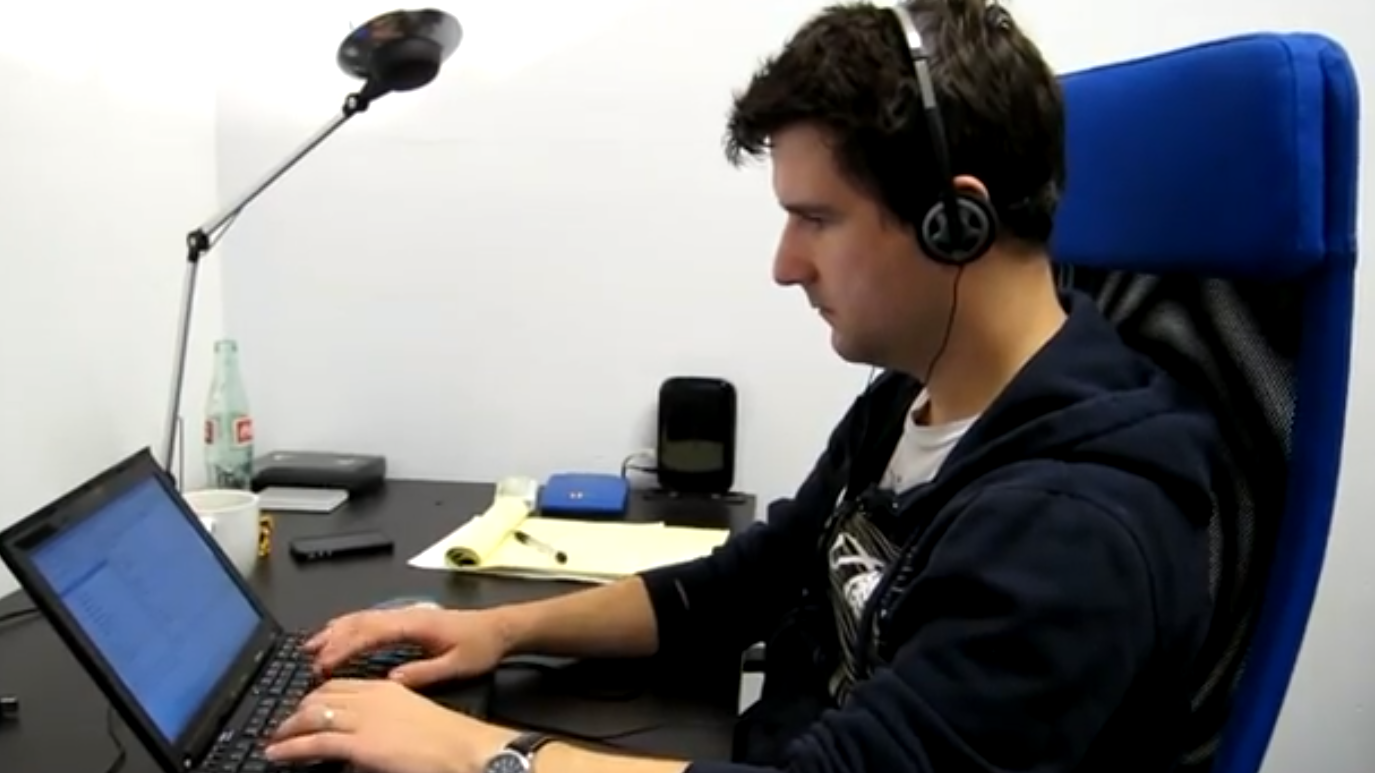SOPA and PIPA may be dead, but the governments’ attempts to infringe on our freedoms and squash innovations are not. Meet the governement’s latest attempt: the Anti-Counterfeiting Trade Agreement (ACTA).
Originally created in 2006 by the U.S. and Japan, ACTA is an intellectual property enforcement agreement that aims to establish international standards for copyright infringement and intellectual property rights. In order to combat counterfeit goods, generic medicines and online copyright infringement, the agreement establishes a new international governing body, similar to existing bodies like the World Trade Organization or the United Nation.
To date , ACTA has been signed by: Australia, Canada, Japan, South Korea, Morocco, New Zealand, Singapore, the US, the EU, Austria, Belgium, Bulgaria, Czech Republic, Denmark, Finland, France, Greece, Hungary, Ireland, Italy, Latvia, Lithuania, Luxembourg, Malta, Poland, Portugal, Romania, Slovenia, Spain, Sweden and the United Kingdom.
Up until a few days ago, not much was known about the agreement’s actual text and thats because outside of the White House and the USTR, only a few lawyers had actually read it, and they were forced to sign non-disclosure agreements. The full text has been made available and now is available here.
WHAT DOES IT MEAN?
ACTA aims to create a legal framework to prosecute copyright and intellectual property offenders across participating nations.
Unlike the copyright laws before it, ACTA is much more aggressive, addressing even offline issues like pharmaceuticals and physical goods.
ACTA is also much more far-reaching than SOPA or PIPA because in addition to blocking websites into oblivion, ACTA also gives the government the right to use surveillance on anything you share through private channels.
ACTA’s most egregious privacy over-step is that it calls for Internet Service Providers (ISPs) to report users for anything that looks like it could be copyright infringement meaning that your ISPs are now almost required to monitor your every move.
In a message on their Google+ page, Anoymous points out these important points about ISP tracking:
ISPS will now watch what you download, and tattle on you if you download a music track/ any data / rapidshares / torrents etc.
ISPS will tattle on you, when you do anything which goes against “Governments policy”.
ISPS will be able to document and store EVERYTHING you do online. Nothing will ever be private again.
What this all means for you is no privacy on the Internet whatsoever.
HOW IS THIS LEGAL?
Conveniently, the U.S. is considering ACTA an “executive agreement,” not a“treaty.” Where treaties require two-thirds of the Senate’s approval, “executive agreements” allow Obama to byass the Senate completely, which is what he did, ratifying ACTA on behalf of the United States. EWeek’s Wayne Rash noted the significance of bypassing Congress,
“Unfortunately, the agreement is so broad and so vague in its provisions that it’s not clear exactly what the consequences, intended or unintended, may be. And because ACTA is not being sent to Congress for ratification, unlike other trade agreements such as NAFTA, there will be no hearings, no clarification and no way to know for sure until those consequences land on you without warning.”
Weeks goes on to call ACTA ” SOPA disguised as an international agreement, and with even less recourse for U.S. citizens.” A charge that U.S. Rep. Darrell Issa, (R. — Calif) echoed to a Mashable audience,
“As a member of Congress, it’s more dangerous than SOPA. It’s not coming to me for a vote. It purports that it does not change existing laws. But once implemented, it creates a whole new enforcement system and will virtually tie the hands of Congress to undo it.”
We tried to keep it neat and tidy, but there is much more to know about ACTA. To learn more, follow Mike Masnick’s coverage on TechDirt.









